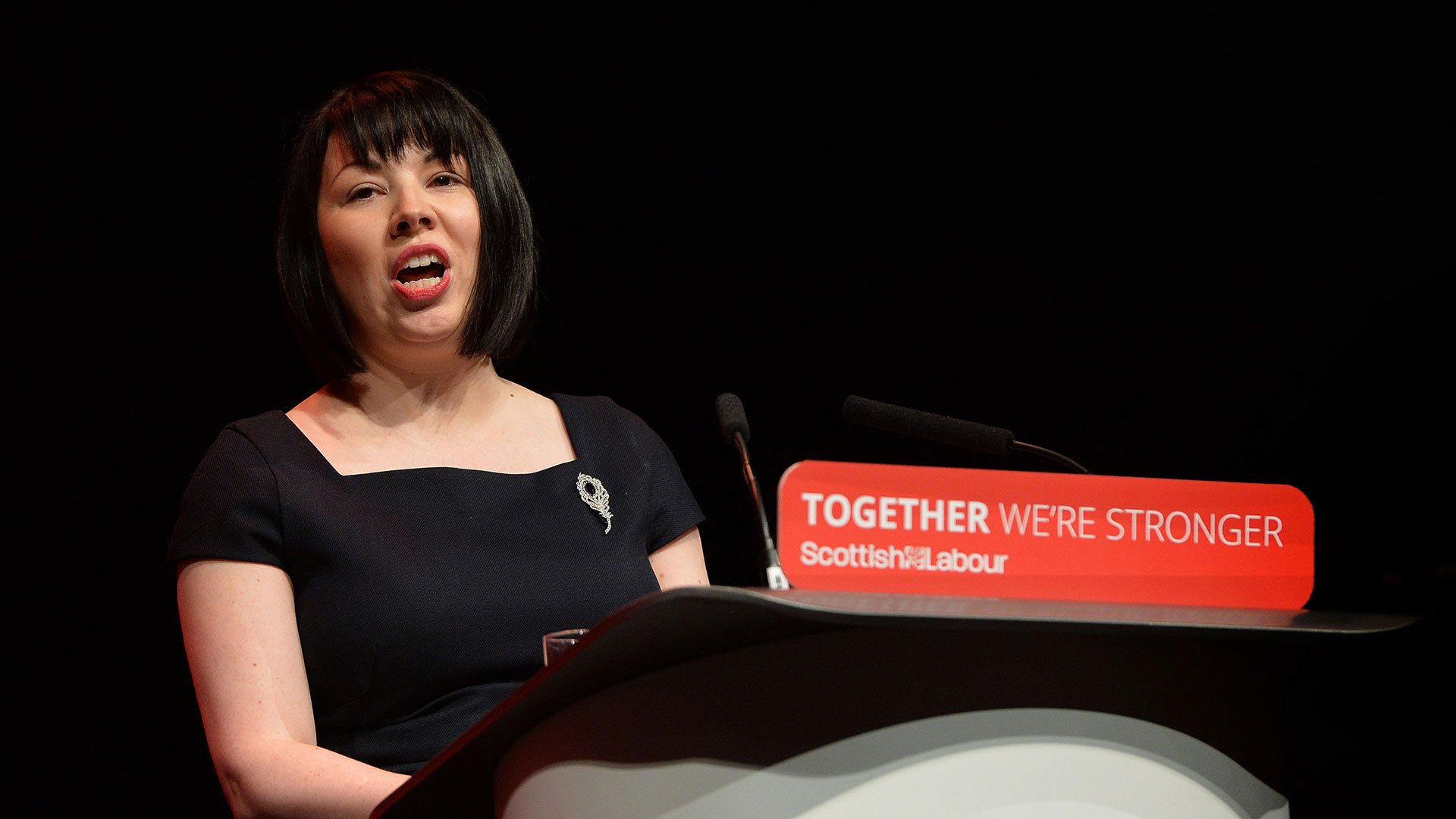One of the most interesting UK political pledges in recent weeks came just days ago, in Scotland. It was not linked to the Budget or the Salmond affair or the Indy question. It was entirely different. And so passed largely unnoticed.
It came from Monica Lennon, the MSP for Central Scotland. Lennon is a good politician. She was the leading force for the Scottish Period Products Act, a world first, making it mandatory for public places to offer free sanitary products. She had been running for leader of the Scottish Labour Party but lost out to Anas Sarwar. He has his work cut out regaining ground for his party.
We've joined forces with @ExcludedUK and over 3000 others to call on @RishiSunak to support the 3.8m people who are still excluded from Government support schemes.
That includes 38% of musicians. Explore their stories, #InvestInMusicians. #ExcludedUK#Budget2021pic.twitter.com/NxK18F3iRI
— Musicians' Union (@WeAreTheMU) March 2, 2021
Lennon’s pledge was simple – to make music teaching free in all secondary schools. She wanted to make it a core part of the curriculum, to help bridge the attainment gap. It’s really hard to argue with this. And the sad thing is that nothing is likely to be done now. In Scotland, it can cost over £520 a year per pupil in some areas for these classes. That is staggering and clearly prohibitive.
Music playing is in danger of becoming the preserve of the rich
The lockout is not only in Scotland. A recent survey by the Musicians’ Union looking at English schools found that free teaching provision was being lost. There was a cost for it all. And that cost prevented access. Low-income families, those earning under £28,000 as a household, were half as likely to have kids studying music as those with a family income of £40,000 and over.
Music playing is in danger of becoming the preserve of the rich. This is as disgraceful as it is understandable. As budgets tighten, classes that are seen as less useful are going to be stripped out. And how do you quantify the value of music?









